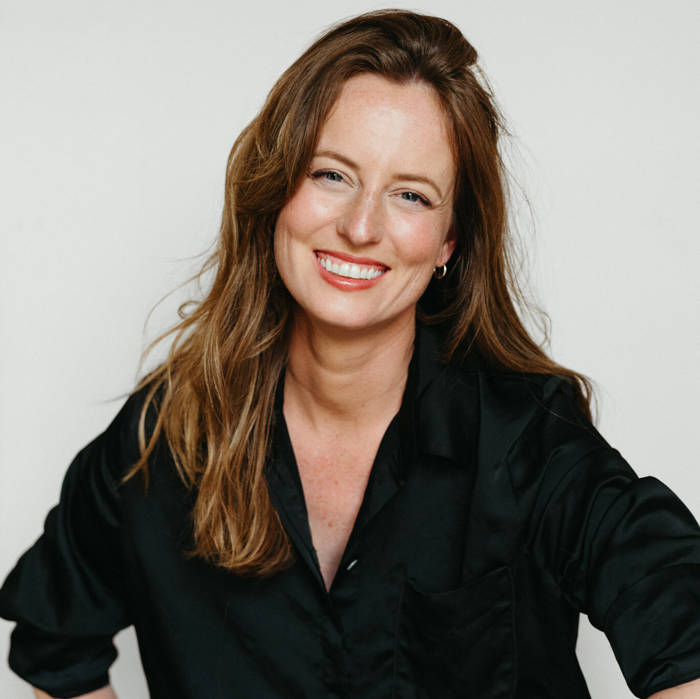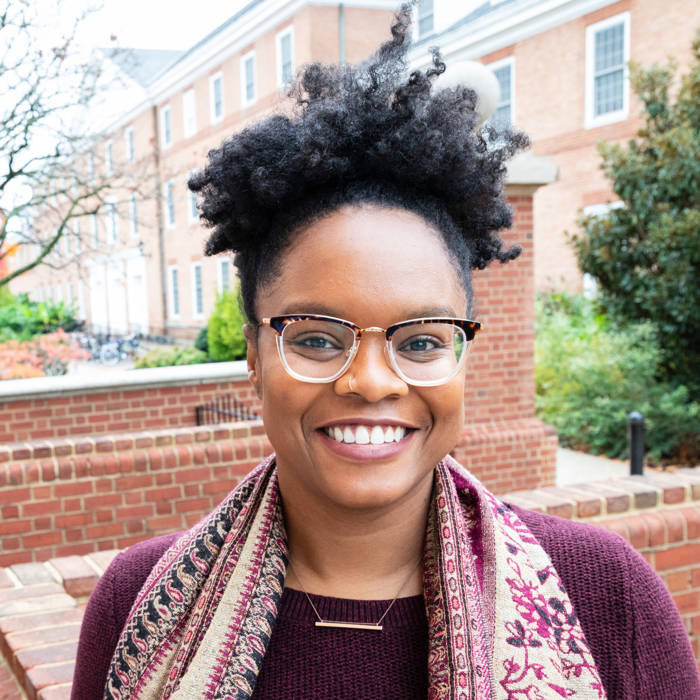Acceptance and Commitment Training for Music Performance Anxiety 3 Part Course
Tuesday 23rd February 2021, 5:00 PM - Tuesday 2nd March 2021 7:00 PM (London Time)
In this 3-part course, you will learn how to detect symptoms of music performance anxiety (MPA) among your students and whether those symptoms are problematic or not. You will also learn about Acceptance and Commitment Therapy (ACT), an evidence-based psychotherapy that aims to promote mindfulness and acceptance of one’s MPA symptoms, while also enhancing performance skills by increasing actions consistent with a musician’s values. ACT can be used in a non-clinical setting by practitioners other than psychotherapists, and when applied non-clinically it is called Acceptance and Commitment Training or Coaching. Newer research suggests ACT coaching may be a promising intervention for treating MPA by music teachers with no formal training or education in psychotherapy. You will learn ACT techniques that are safe for use in non-clinical settings to help your students effectively manage their MPA.
Part 1: Defining and Detecting Problematic Levels of MPA
February 23, 2021 — 5-7pm (UK time)
- MPA definition
- MPA’s four symptom categories
- Detecting problematic levels of MPA
Part 2: ACT Skills for Effectively Managing MPA & Increasing Artistic Presence
February 25, 2021 — 5-7pm (UK time)
- Mindfulness
- Acceptance
- Defusion
Part 3: ACT Skills for Taking MPA Less Personally & Enhancing Overall Performances
March 2, 2021 — 5-7pm (UK time)
- Cultivating a More Flexible Sense of Self & Musician Identity
- Identifying One’s Performance or Practice Values
- Committed Action
Dr David Juncos
David Juncos, PsyD, is a clinical psychologist, lecturer, performance coach, author, and music performance researcher based in Philadelphia, PA. He has 20 years of experience in treating a variety of clinical problems, including anxiety, mood, and substance use disorders.
Sorry, this is an archived short course...
We have plenty of upcoming short courses coming soon. See details of some of them below or look at the full list of short courses.

Tuesday 22nd July 2025
5:00 PM - 7:00 PM
Tuesday 29th July 2025
5:00 PM - 7:00 PM
Tuesday 5th August 2025
5:00 PM - 7:00 PM
Tuesday 12th August 2025
5:00 PM - 7:00 PM
Tuesday 19th August 2025
5:00 PM - 7:00 PM
Tuesday 26th August 2025
5:00 PM - 7:00 PM
(London Time)
Certificated Public Speaking Coach qualification - with John Henny

John Henny
Would you like to be a certified public speaking coach? Join the renowned John Henny for this exciting new online course! This six-week online certification course is designed to equip voice teachers with the specialised skills needed to work with public speakers, corporate trainers, educators, and presenters. Unlike a general public speaking course, this program is specifically tailored to train-the-trainer, giving voice professionals structured methodologies, coaching techniques, and applied skills to enhance vocal delivery, confidence, and influence in professional speakers.

Thursday 24th July 2025
5:00 PM - 6:00 PM
(London Time)
Transitioning From Soprano To Mezzo-Soprano - Pedagogical Approaches!

Dr Caitlin Moore
This workshop will explore the considerations for transitioning from soprano to mezzo-soprano. We will examine the history and vocal science related to voice classification as well as interviews with singers and voice teachers. Interviews feature singers who have experienced this Fach change themselves, as well as voice teachers who have helped singers navigate this shift.


Tuesday 29th July 2025
5:00 PM - 7:00 PM
(London Time)
Towards a Jazz Pedagogy: Lessons from Legends and Educators!

Dr Autumn Griffin
Join Dr Autumn Griffin as she explores the foundational tenets of jazz pedagogy as both a conceptual and practical framework for teaching, in this two-hour workshop. Drawing from her research in “Towards a Jazz Pedagogy: Learning with and from Jazz Greats and Great Educators,” she’ll investigate how jazz (its historical and cultural legacy, structure, improvisation, and relationality) can be mobilized to inform dynamic, liberatory educational practice!
